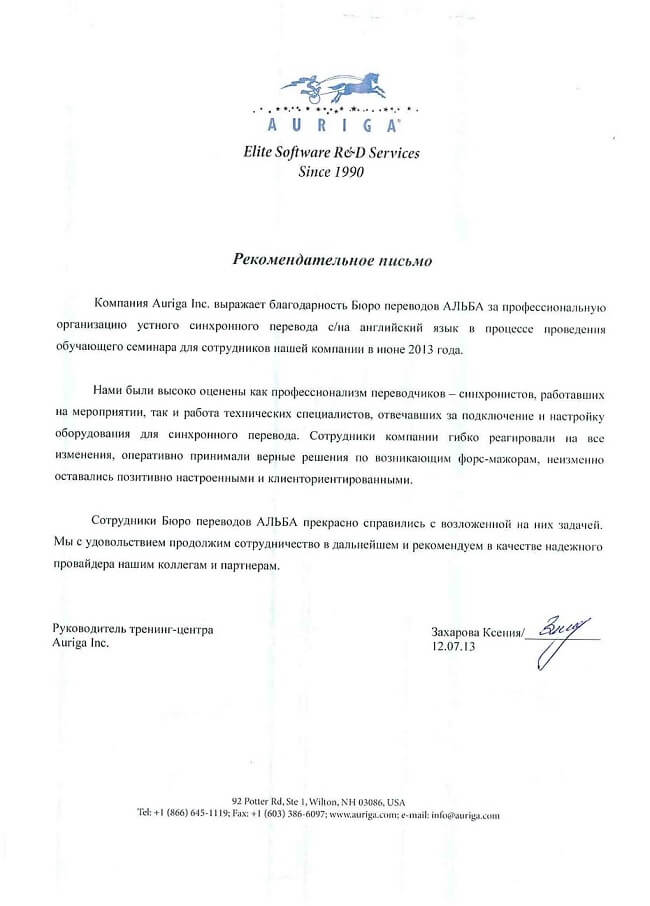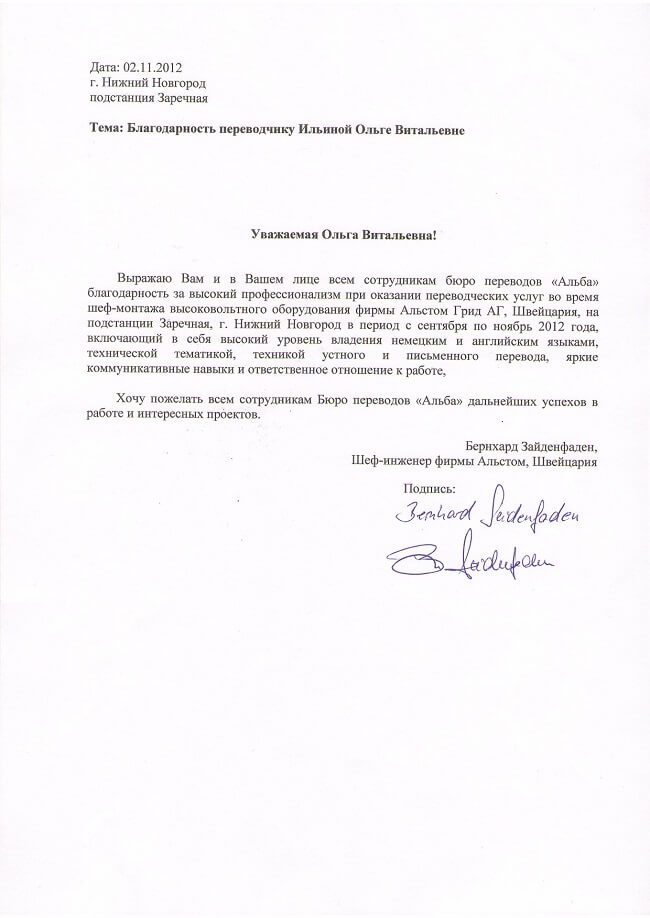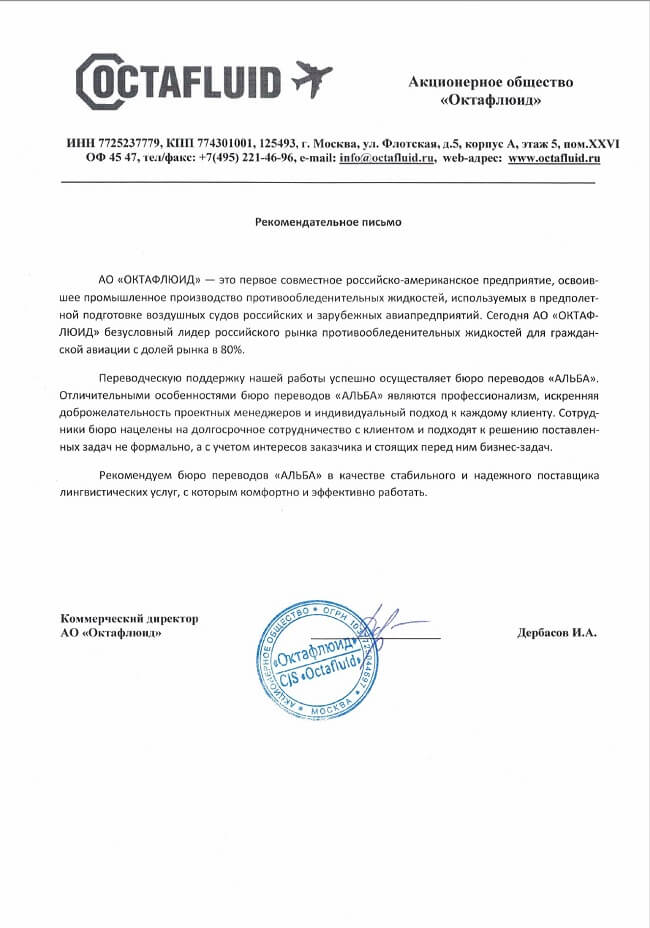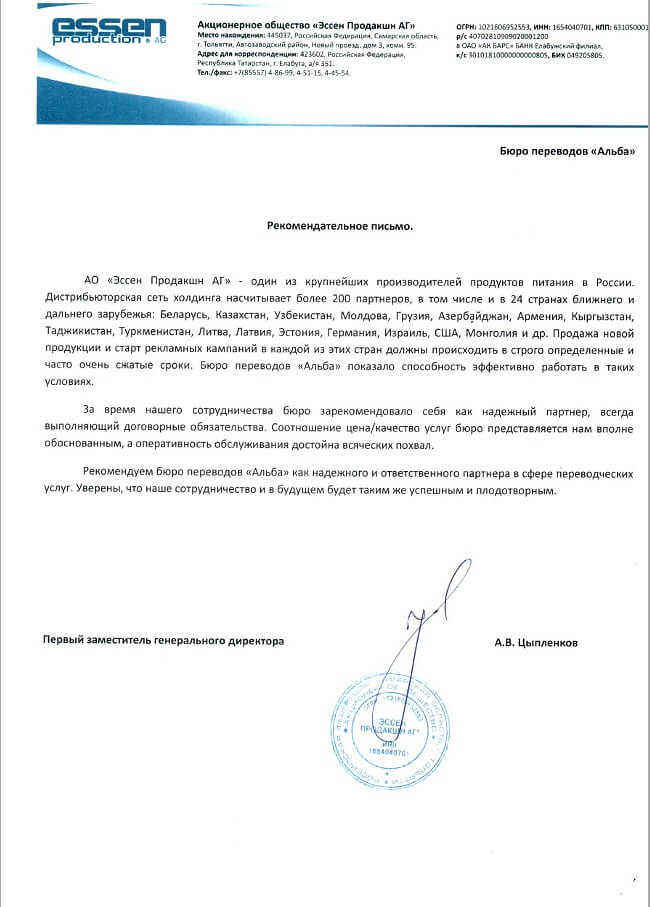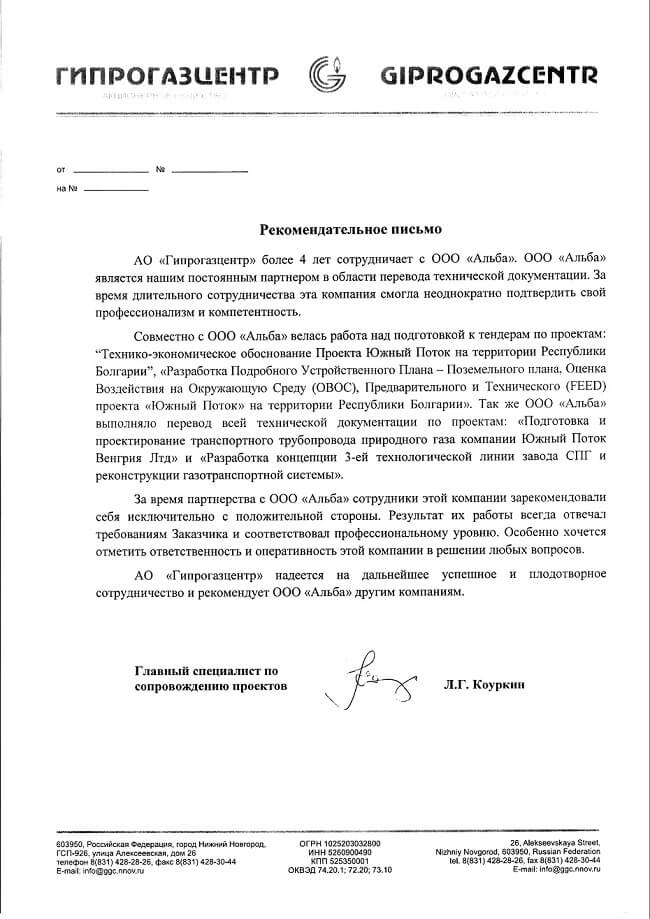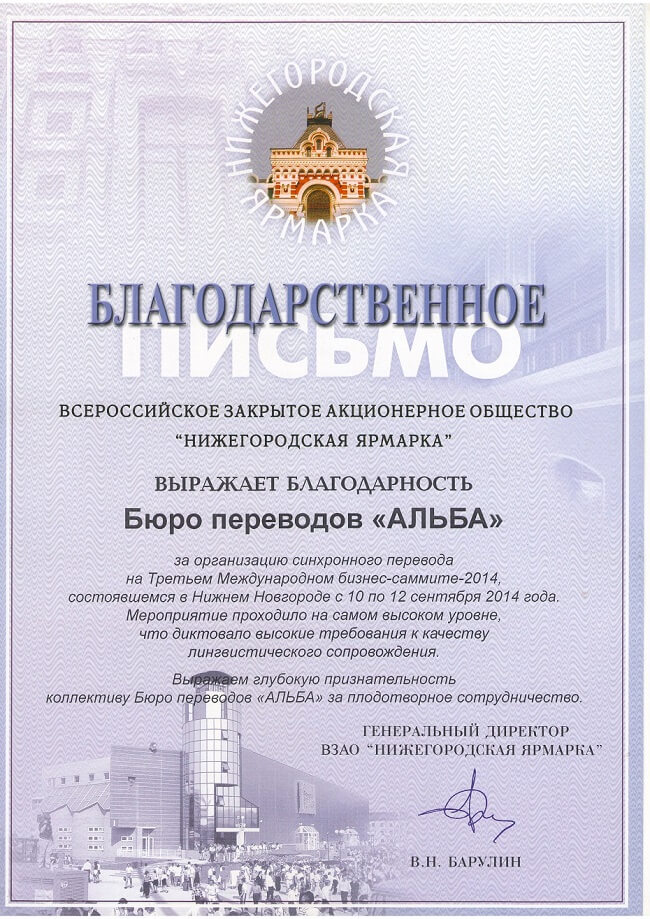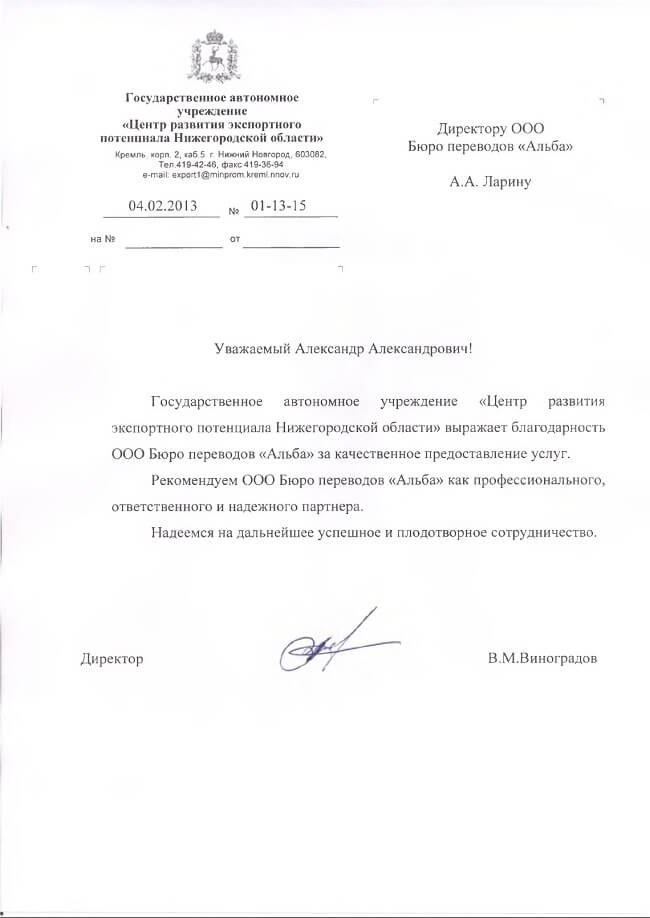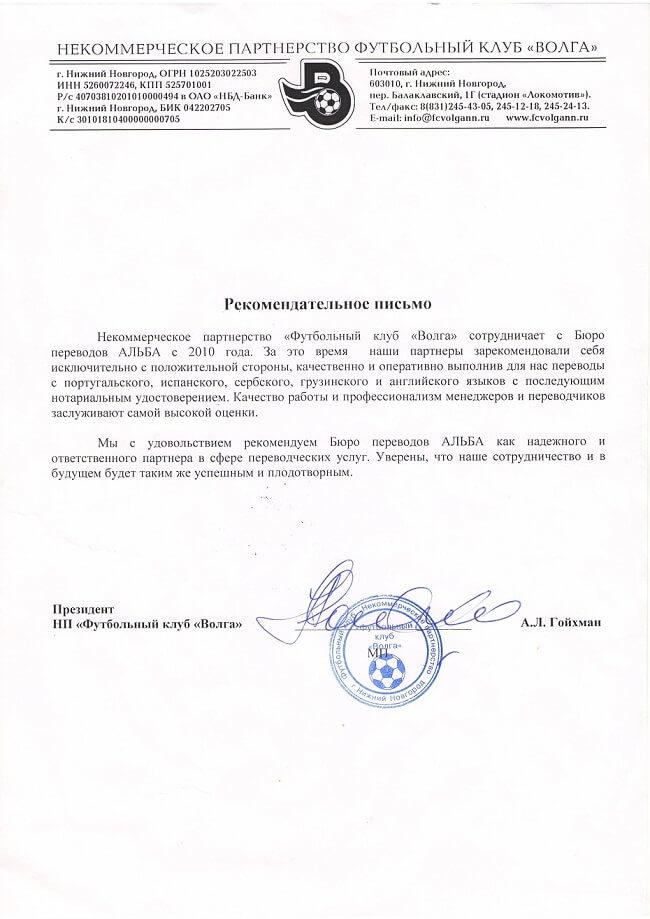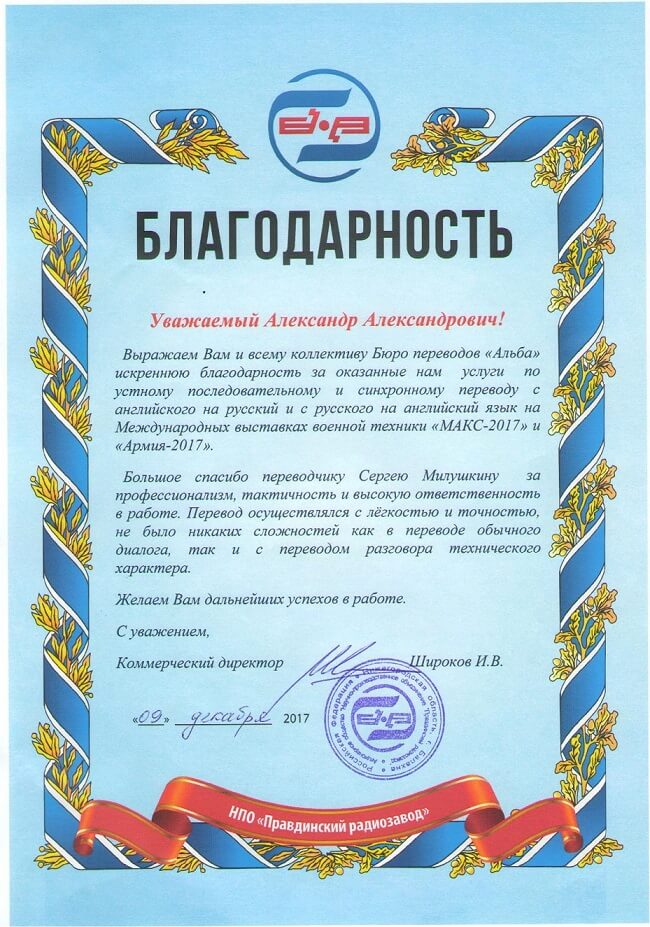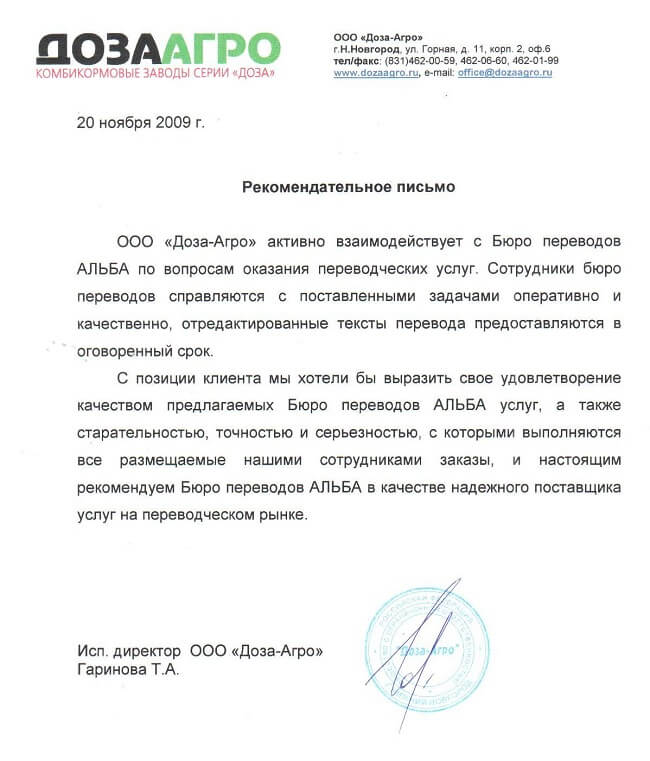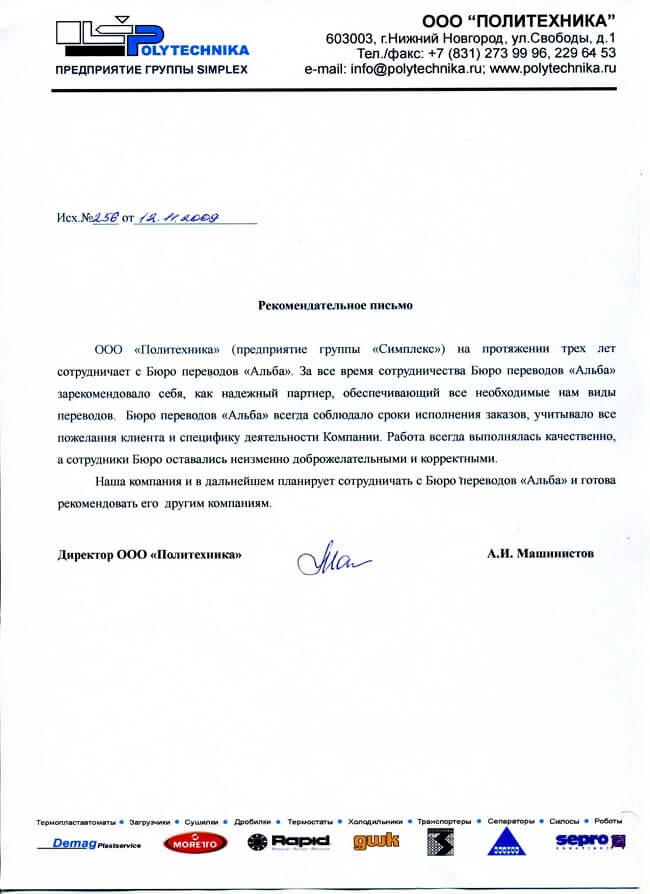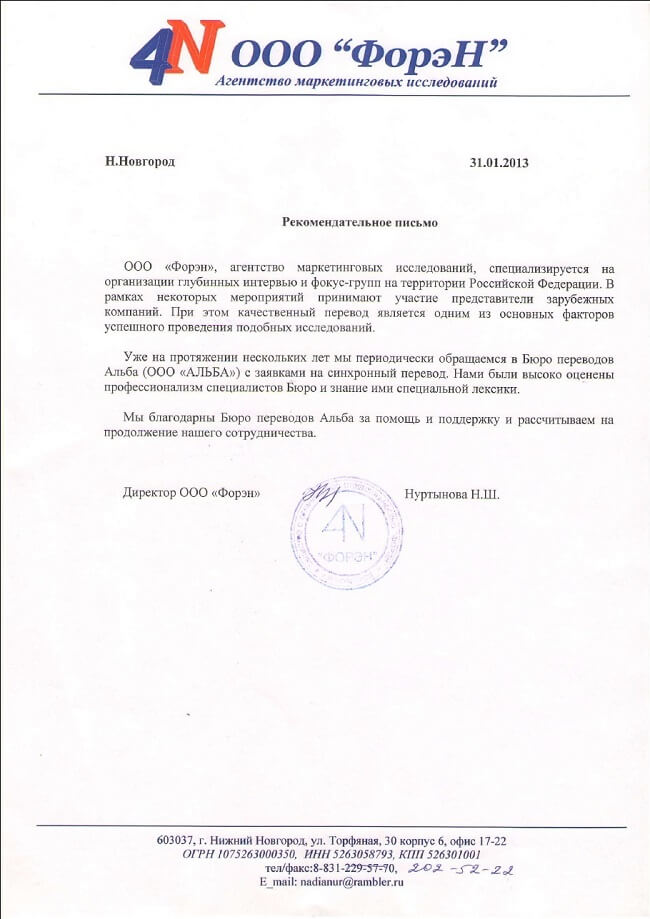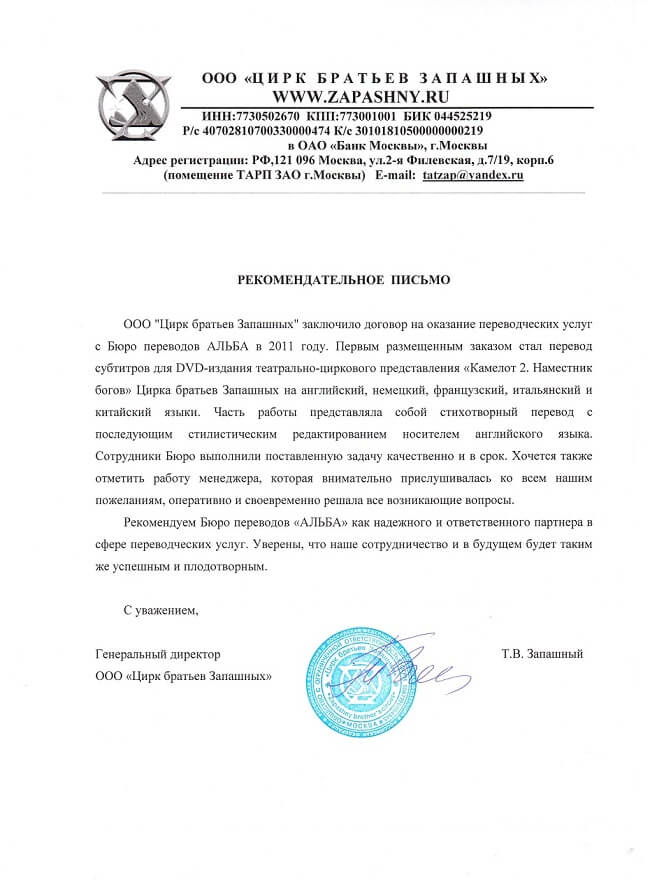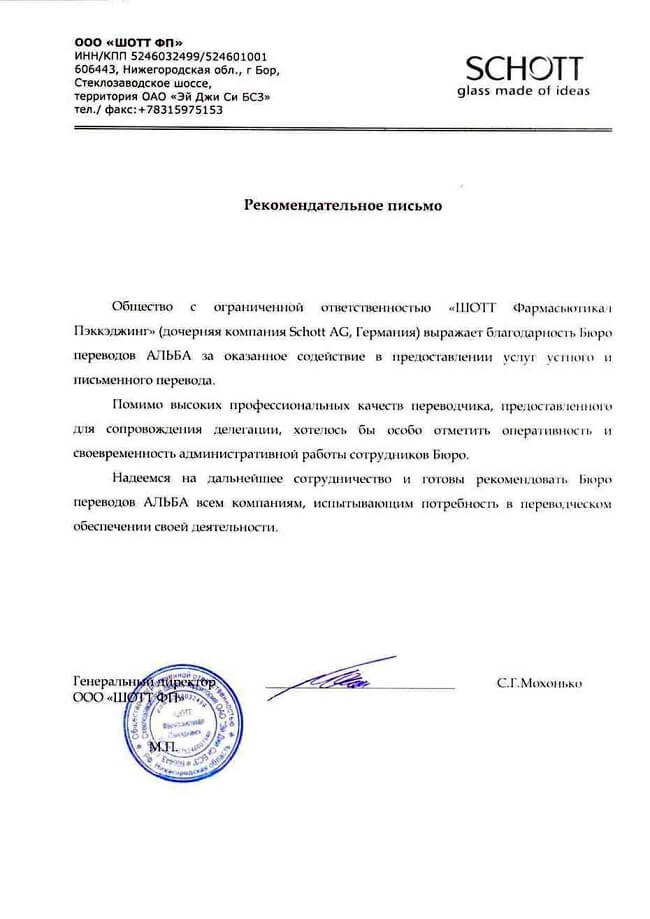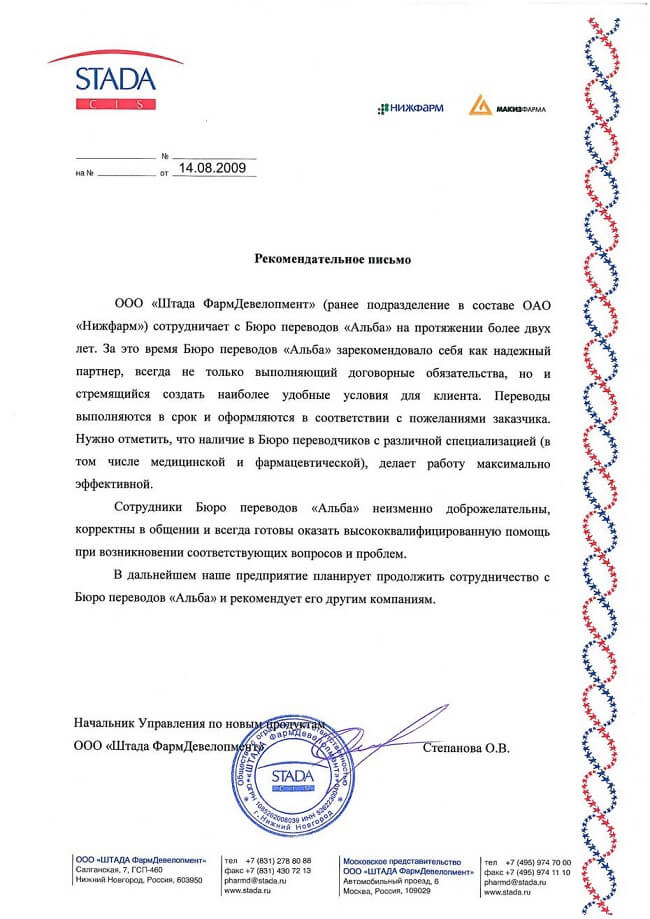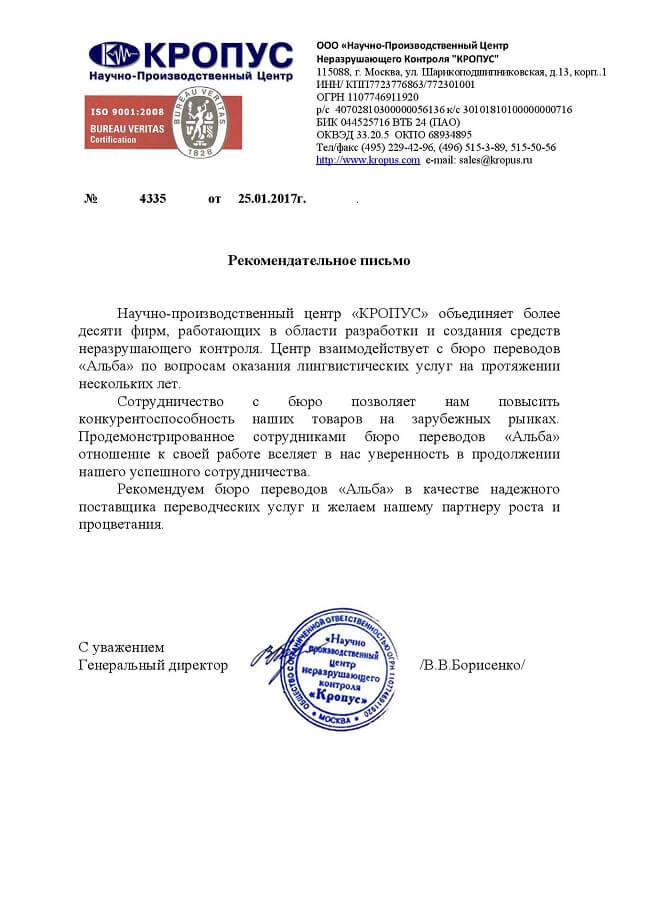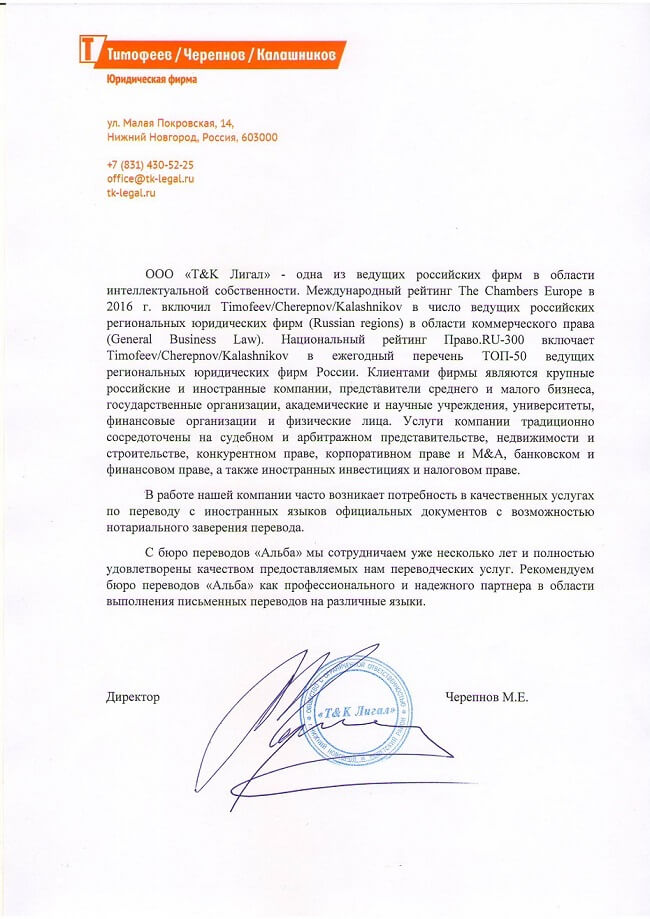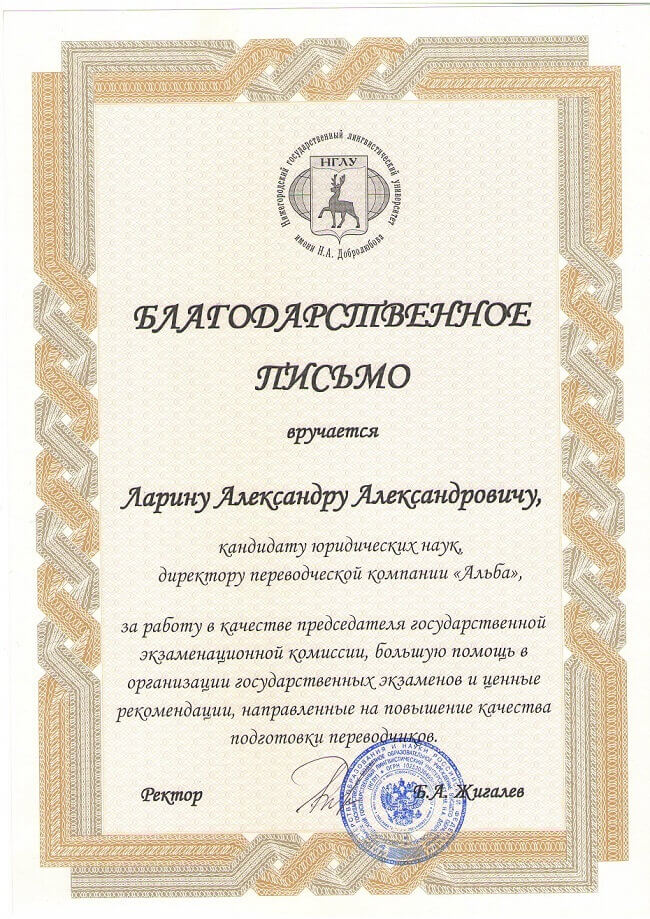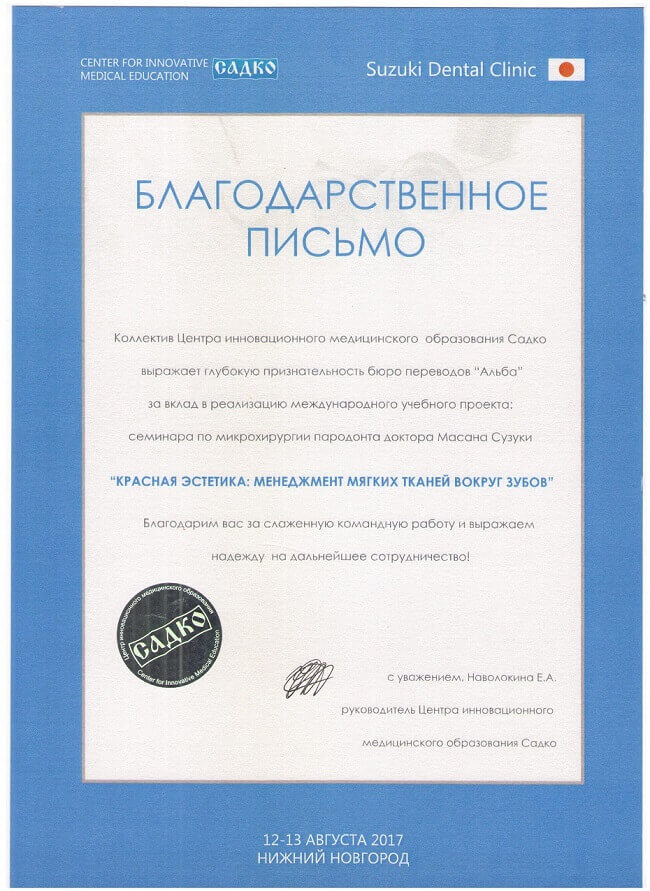Language of modern teenagers (on the example of the novel “the fault in our stars” by J. Green)
Язык и культура современых подростков (на примере романа Д. Грина «Виноваты звезды»)
Машина Анастасия Олеговна — Студент, Елецкий государственный университет им. И. А. Бунина, Елец, Россия
Статья подготовлена для публикации в сборнике «Актуальные вопросы переводоведения и практики перевода».
We would like to show the background and mode of life of modern teenagers through the example of the book “The Fault in our Stars” by John Green which is likely to soften one’s heart, move deeply and make think of the expense of life, time and love in all its manifestations. It appeared to be a life-affirming fairy-tale of not the puppy- but true-love of terminally ill adolescents, sincere emotions of happiness, air of adventure, and heartbreaking loss at the end. Green inspires us to read from the very first line. That’s why I can’t but mention the title, a kind of allusion. It refers to Shakespeare's play Julius Caesar, in which the nobleman Cassius says to Brutus: "The fault, dear Brutus, is not in our stars, But in ourselves, that we are underlings." And in contrary, as witty Green emphasizes, the fault is in the characters’ stars, not in them. Everyone in this tale has a rock-solid fault or hamartia: the protagonist, Hazel Grace Lancaster, because she is too sick; Augustus Waters, he is so well; and their friend, Isaac, is too sick and too well.
The story is narrated by dying Hazel Grace Lancaster, a 16-year-old girl with cancer. She just exists: spends a lot of time in bed, reads the same book for the hundredth time and devotes free time to thinking about death. She is swimming in a clinical depression, but she doesn’t mind making fun of her terminal illness. As she points out: As she points out, “depression is not a side effect of cancer. Depression is a side effect of dying (Cancer is also a side effect of dying. Almost everything is, really)”. In addition, “cancer kids are essentially side effects of the relentless mutation that made the diversity of life on earth possible”. Furthermore, Hazel is made to attend freaking meetings at Cancer Kid Support Group at her mother behest where she gets acquainted with Augustus Waters, a hot, athletic guy with a crook, goofy smile, who suffers from osteosarcoma, and has an amputated leg. He arrests her attention and soon enough, they become flirtatious friends and talk to each other about everything. Life changes. But she is still afraid of living. Hazel explains: “I’m like grenade. And at some point, I’m going to blow up and I would like to minimize the casualties. I want to stay away from people and read books and be with you… I can’t be a regular teenager, I’m grenade”. Obviously, according to the conventions of the genre, she has time to fall in love: “I fell in love the way you fall asleep: slowly, and then at once”.
Then, they have the time of life in Amsterdam, and nothing can go wrong. Augustus tells Hazel about his passion in a way, that every young girl wants to be given a declaration of love: “I’m in love with you, and I know that love is just a shout into the void, and that oblivion is inevitable, and that we’re all doomed and that there will come a day when all our labor has been returned to dust, and I know the sun will swallow the only earth we’ll ever have, and I am in love with you”. Yes, it seems that everything is coming up roses, but some days later Augustus ought to confess to Hazel that he is dying. He has been X-rayed and cancer is metastasizing everywhere: “I lit up like a Christmas tree” [2]. Then Augustus notices that ‘the world isn’t a wish-granting factory’ and they have to come/head back home, and thrilling and tragic business of being yet alive and in love gains momentum: “Pain demands to be felt”.
Green’s style is sated with euphemisms, colloquial words and phrasal verbs, slang words, idioms which may be found in rigorously structured dialogues, which make you immerse yourself into the teen-conversation and pin-sharp characters brim with genuine intellect, humor and desire. The theme of death, pain and disease is conveyed through the row of euphemisms:
to die: not to suffer from personhood;
it was still in town (= while he was alive);
to be gone;
to go to heaven.
To scrutinize Green’s so readable expressive work is not only to get acquainted with his unique, subtle style, but to learn new language phenomenon. It is a real treasury of phrasal verbs which are intended to render the colloquial speech and to show the relations between the characters: eke out – перебиваться с хлеба на воду, kick in – вступить с силу, feel up – лапать (обычн. о девушке), bring over – сменить мнение.
It is of great importance to aspire to be conscious of the outlook of the native speaker and be able to accept it, which involves knowledge of country-specific, linguistic-cultural, cultural, aesthetic information, learning the values of another national culture, which constitute the linguistic-cultural component. The following slang words reveal the nature of characters and represent their desire to live to the full:
to take pot – курить травку;
awesomesause – exceptionally awesome – офигительно;
Dude (a fellow, a buddy) – чувак;
to be taken – быть в отношениях, «занятым»;
It’s no big deal – to not be a serious problem – фигня.
The sociocultural background in the novel is indicated with the help of vulgar words:
‘my lungs suck at being lungs’– мои легкие отстойные в роли легких;
utter horseshit = total nonsense;
goddamned unfair – чертовски несправедливо;
douche [duːʃ] – (an obnoxious or contemptible person (typically used of a man)) – придурок;
freaking – проклятый;
‘let me fucking die’ – дай мне сдохнуть.
This smart book is considered to be swallowed by readers during one sleepless night. Filled with gallows, dark humor and written with a fancy innocence that draws the reader in so deeply that it’s not just the twists and turns but the tender bends and curves that you feel tugging at your emotions. This book is a rescue when you feel out of sorts or when you are left in the lurch with a great many vivid idioms:
- to be on a roller coaster – to go through a series or period of drastic changes that occur without warning;
- ‘everything is coming up roses’ – smth or smb is having a lot of success – «дела процветают»;
- over one's head – beyond one's capacity;
- ‘for greater good’ – for a general advantage that you can only gain by losing or harming something that is considered less important – во благо;
- to get the better of – to get control over someone or something – взять контроль/верх над кем-либо.
This book is sure to deserve our attention, since it reveals burning and vital problems, touching family, friends and trust issues, and isn’t considered to be an ordinary novel about teen-love. The novel teaches to be happy right now, to see the beauty in usual, mundane things. All human beings are going to die one day. Everyone has an impossibly short amount of time, a limited number of attempts to make, people to love, problems to care, movies to watch, dawn to see, books to read, etc. And, if you go on showing off, you will lose smth important.
The row of the thematic vocabulary contains a great amount of metaphors about pain:
- It felt like my chest was on fire, flames licking the inside of my ribs fighting for a way to burn out of my body (pain).
- Without pain, we couldn’t know joy.
- Pain is like fabric: The stronger it is, the more it’s worth.
- a one-legged fat man wearing a stiletto heel standing on the middle of his chest (pain).
Adolescents can love passionately – the author showed it with the help of a great many emotionally coloured words: "I'm in love with you, and I'm not in the business of denying myself the simple pleasure of saying true things. I'm in love with you, and I know that love is just a shout into the void, and that oblivion is inevitable, and that we're all doomed and that there will come a day when all our labor has been returned to dust, and I know the sun will swallow the only earth we'll ever have, and I am in love with you.”
Written in 2012, and immediately met the recognition and acclaim from the public all over the world, it was translated into Russian by Olga Myshackova and went to the press in 2013. Her translation is correct and quoteworthy, but having read the original version, I understood that if some books can be read without any loss of time and reverse print, this BOOK is generally intended to be read in the original. Green’s signature style shines out: his rigorously structed dialogue, which make you immerse yourself into the teen-conversation and pin-sharp characters brim with genuine intellect, humor and desire.
Judging by the plot of the novel, the central problems touch upon are love, friendship and family as the most significant values for teenagers, the terminal illness which reveals people’s virtues and vices, awareness of the fact that death is inevitable, the true-to-life description of the illness and death [3]. Historical and literary allusions and the philosophical description of existentialism make this novel inimitable.
References
1. Green J. The Fault in Our Stars. N. Y.: Dutton Books, 2012. 313 p.
2. Green J. Questions about The Fault in Our Stars. URL: http://johngreenbooks.com/ questions-about-the-fault-in-our-stars-spoilers.
3. Зеличенок А. А. Особенности творчества Д. Грина (на примере романа «Виноваты звезды») // Ученые записки Казанского университета. Гуманитарные науки. 2014. Т. 156. Кн. 2. С. 187–197.














